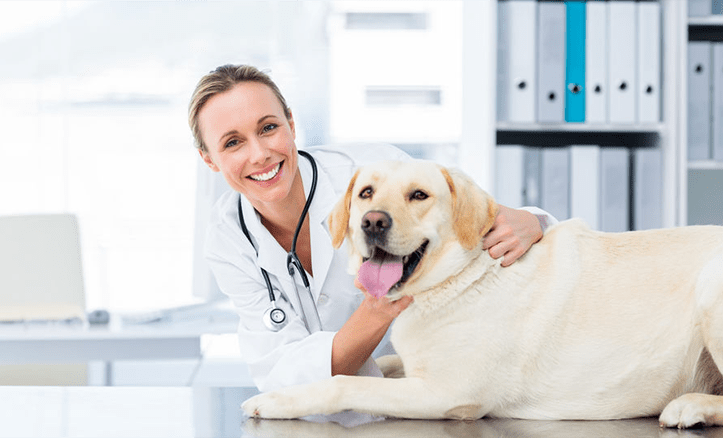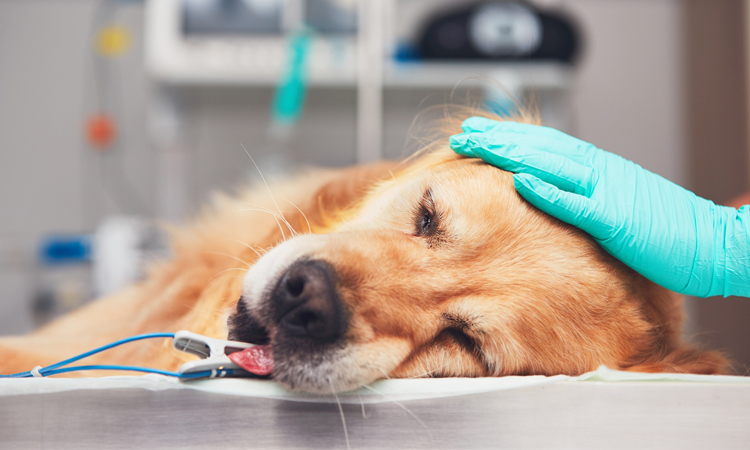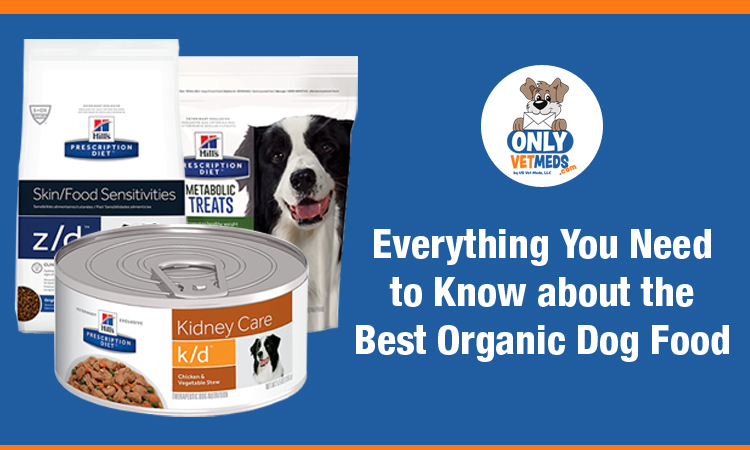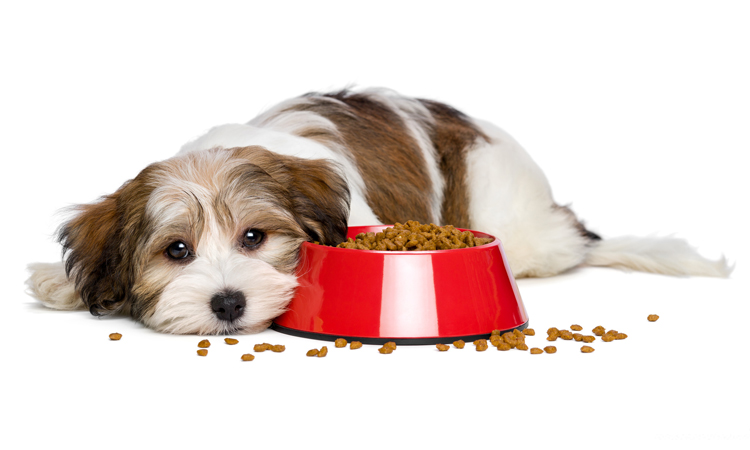

- Dog/Cat
A Useful Guide about Garlic Toxicity in Pets
Posted on 02/07/2019
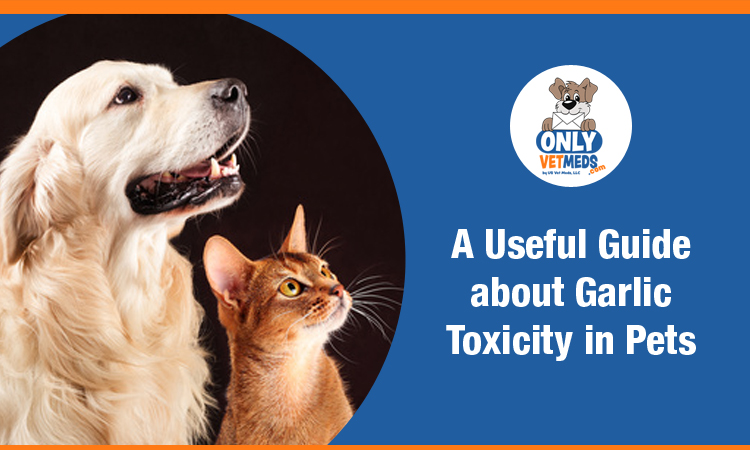
Among the many foods that are harmful to pets (both dogs and cats) is garlic. Belonging to the allium family (which also has onion, rakkyo, shallots, chives and leeks as other members); garlic may lead to hemolytic anemia that must be immediately treated through pet medications and other procedures. Find out more.
Who Are at Risks?
Most of the cat breeds and mainly the Japanese dog breeds are at major risk of garlic toxicity. Some examples of these dog breeds include Japanese spitz, akita and shiba inu. Though, pet medication experts believe that garlic can be toxic to all type of dogs and cats.
It is a myth that ingestion of garlic in homeopathic dog medications and cat medications can control fleas and worms in pets. However, you must refrain from following it without consulting a vet. Rather, prefer only Rx pet meds for fleas, ticks, heartworms etc.
What Quantity of Garlic Is Toxic?
Many studies prove that even 15-30 g of garlic per kg of the pet’s weight can cause toxicity. However, the risk may differ for different breeds. In many cases, the symptoms of garlic toxicity in pets may take few days to appear.
What Are the Symptoms?
Garlic damages the red blood cells, causing them to burst, and also cause gastrointestinal issues. So, common symptoms of garlic toxicity in pets include increase heart and perspiration rates, weakness, breathlessness, lethargy and pale gums as well as vomiting, nausea, diarrhea and collapse.
Diagnosis and Treatment Options
The veterinarian would perform physical examination (blood pressure, abdominal palpation, body temperature etc.) as well as laboratory tests (hemoglobin concentration, CBS, urinalysis etc.). Once the tests indicate garlic toxicity, the treatment options would include:
- Detoxification through induced vomiting and charcoal ingestion
- Saline solution lavage to flush out the toxins
- Intravenous (IV) fluids
- Oxygen therapy
- Blood transfusion
- Petmeds, including iron medications
The pet may take time to recover. Make sure you administer the Rx petmeds (usually antibiotics and iron supplements) in the correct dosage over the prescribed time period for quick recovery.

 Flea and Tick
Flea and Tick Heartworm
Heartworm Skin & Coat
Skin & Coat Medications
Medications Rx Food
Rx Food Arthritis & Pain
Arthritis & Pain Vitamins & Supplements
Vitamins & Supplements Electrolytes
Electrolytes Wormers/Deworming
Wormers/Deworming Dental Care
Dental Care Flea and Tick
Flea and Tick Heartworm
Heartworm Skin & Coat
Skin & Coat Medications
Medications Rx Food
Rx Food Arthritis & Pain
Arthritis & Pain Vitamins & Supplements
Vitamins & Supplements Electrolytes
Electrolytes Wormers/Deworming
Wormers/Deworming Dental Care
Dental Care